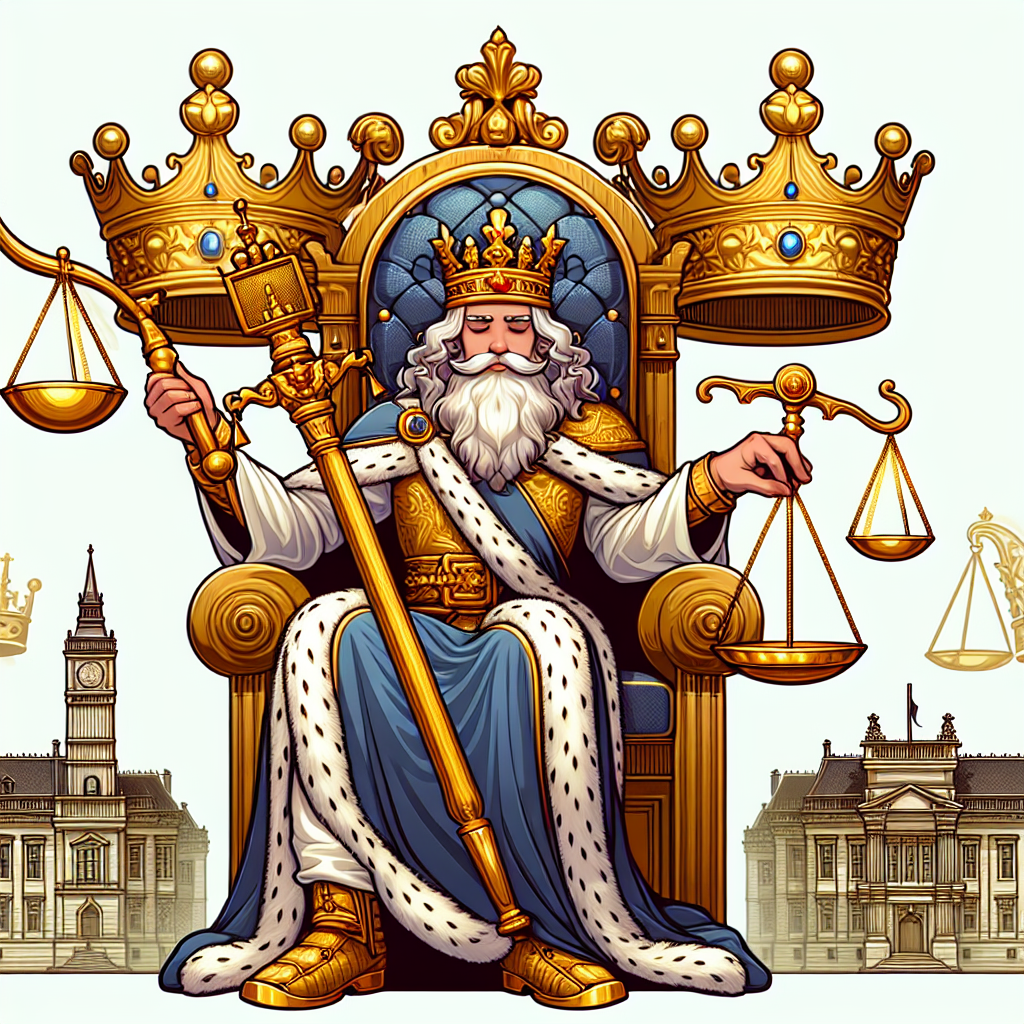Supreme Court Reinstates Anti-Corruption Law Amendments in Pakistan
Pakistan's Supreme Court has reinstated amendments to anti-corruption laws that benefit several politicians, including the Sharif brothers and Imran Khan. The court ruled in favor of intra-court appeals, invalidating a previous decision that annulled these changes. The judgment bars NAB from pursuing cases with alleged corruption under Rs 50 billion.

- Country:
- Pakistan
Pakistan's Supreme Court on Friday reinstated the changes in the country's anti-corruption laws that had benefited several leading politicians, including Prime Minister Shehbaz Sharif and his elder brother Nawaz Sharif, with jailed former premier Imran Khan also emerging as an unlikely beneficiary. Chief Justice of Pakistan (CJP) Qazi Faez Isa pronounced the verdict reserved by a five-member bench on June 6 after hearing intra-court appeals (ICAs) filed by the federal government and other parties.
The apex court overturned a previous ruling that nullified amendments to the National Accountability Bureau (NAB) laws, granting intra-court appeals filed by the federal government and other affected parties. The NAB laws were amended in May 2023 by the previous government led by Shehbaz Sharif. The law was criticised by the Pakistan Tehreek-e-Insaf (PTI) party led by Khan, as it led to the withdrawal of corruption cases against leading politicians like President Asif Ali Zardari, Shehbaz Sharif and his brother Nawaz Sharif. Khan challenged the amendments in the Supreme Court, which in September last year annulled the changes. According to Friday's verdict, the court ruled by consensus in favour of the appeal and restored the amendments earlier declared unconstitutional.
The court observed in the judgement that the chief justice and other judges "cannot be the gatekeepers of Parliament". It also noted that "whenever possible, the Supreme Court should strive to maintain legislation" enacted by Parliament. Reacting to the development, PTI Chairman Gohar Ali Khan said party chief Khan would get relief in the second Toshakhana corruption case and the Al-Qadir trust case, as after the judgment, the NAB was barred from pursuing cases of less than Rs 50 billion alleged corruption, and the decisions of the cabinet cannot be prosecuted. Gohar said the second Toshakhana case should be over as it involved alleged corruption of Rs 13 billion. He added that under the new law, cabinet decisions are exempt from prosecution and matters related to the management of funds linked with the Al-Qadir Trust were approved by the cabinet.
''According to the Supreme Court ruling, both cases are now over…the Al-Qadir Trust case should be dismissed on merit, and second Toshakhana case cannot proceed," he said. During the hearing, Khan appeared before the court through a video link from the high-security Adiala Jail in Rawalpindi, where he has been incarcerated since September last year.
Cases of alleged corruption involving less than Rs 50 billion cannot proceed at other forums, as framing and starting them from zero would require a lot of effort and time. As an institution, the NAB also enjoys vast powers to arrest and probe the accused, which are not available to other forums, like the Federal Investigation Agency and provincial anti-corruption bodies.
(With inputs from agencies.)
ALSO READ
Imran Khan Seeks Court Protection Against Possible Military Trial
IHC Registrar Raises Objections on Imran Khan's Petition to Halt Military Trial
Pakistan's Military Maneuvers: The High-Stakes Trial of Imran Khan and Allies
Military Trial Looms Over Imran Khan Amidst Controversies
Political Turmoil Intensifies: Former Prime Minister Imran Khan's Party Members Arrested










